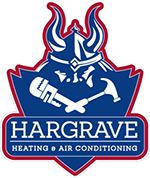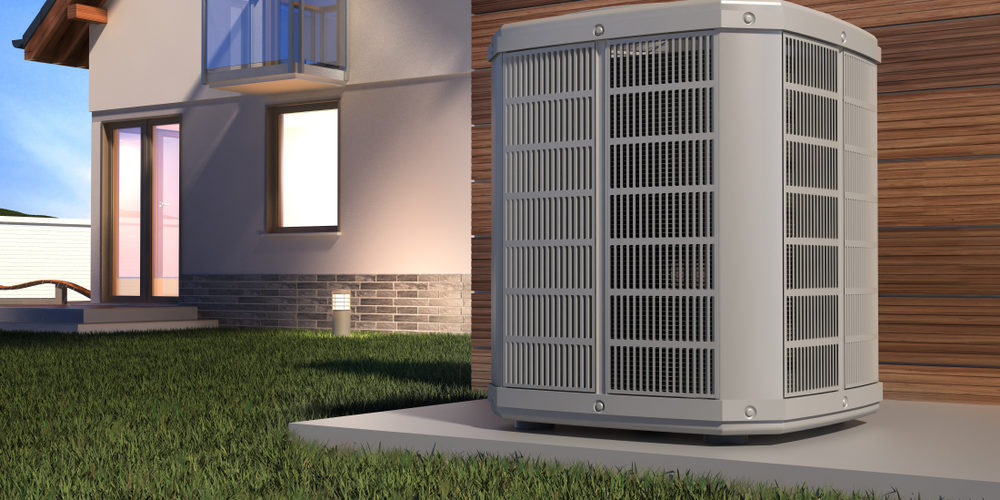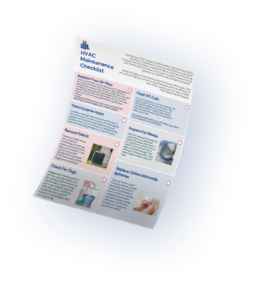Of course, any comparison of fan coils vs. heat pumps must start with what they are and what they have in common.
Unlike air conditioners and furnaces, fan coil units and heat pump systems are both capable of heating and cooling your home. They both can also maintain the humidity levels inside your home. They also can work together, and/or with your furnace and air conditioner, or separately.
Fan Coils
As the name suggests, the main components of a fan coil system are a fan, and heating and/or cooling coils. The fan draws air into the system through an air filter, either from the outside, or recirculated from the inside, or a combination of the two.
The heating and cooling coils in a fan coil system are placed either just before the air enters the fan or just after it is blown away from the fan. The cooling coil is used in summer to air-condition the air inside your home, and the heating coils are used to heat the house in winter.
Advantages of Fan Coils
Better Air Quality
The filtered air, coupled with increased air circulation can reduce the buildup of mold, viruses, bacteria and other pollutants in the air for better indoor air quality.
Lower Energy Costs
By complementing your heat pump, furnace and/or air conditioner, fan coils can help lower your energy costs.
Heat Pumps
In basic terms, heat pumps remove heat energy from your home in summer and bring heat energy into your home in winter. The two basic types of heat pumps are air-source heat pumps and ground-source heat pumps.
Air-source heat pumps are the most popular choice for residential heating and cooling. They transfer heat between the air inside your home and the air outside your home.
Ground-source heat pumps, or geothermal heat pumps, transfer heat between the interior air of your home and the ground outside your home.
Advantages of Heat Pumps
Humidity Control
Miatinging proper humidity levels inside your home, in winter and summer, is one of the best ways to improve home comfort.
High Energy Efficiency
Heat pumps don’t actually produce heat or cool the air. That reduces the energy needed to heat or cool your home.
To learn about more heating options for your home, check out our article “Your Guide to Hydronic Heating”.




